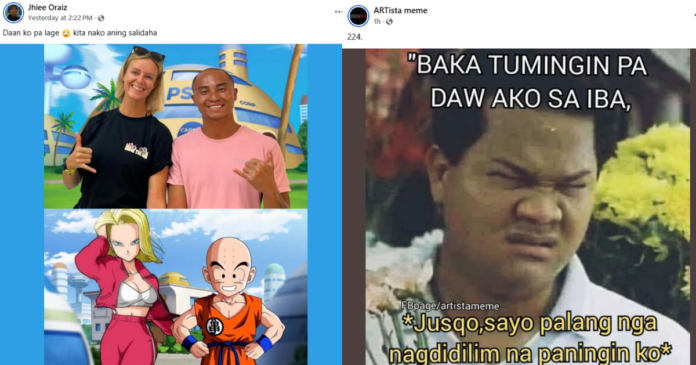While celebrating the transformative power of social media, Filipinos must ensure it fosters entertainment and meaningful discourse that strengthens rather than weaken the Filipino way of life.
Social media platforms such as Facebook, TikTok, and X have empowered Filipinos to break barriers in creative expression, confront societal norms through humor and campaigns, and amplify local entertainment on a global scale. In the Philippine entertainment scene, social media has become a powerful tool for starting movements that drive social change, and these are often sparked by memes that bring laughter.
Recent events like cheating controversies involving celebrities, illustrate how social media magnifies personal narratives. In this case, private details about their lives were widely scrutinized by the public, showing how platforms like Facebook and X blur the line between private and public life.
Memes mocking the situation instantly went viral, intensifying public criticism and personal assaults. This demonstrates how memes can shift from being harmless entertainment to tools for bullying, amplifying negativity and making private struggles visible for everyone to see.
Social media can work both ways. While it can destroy reputations, it also comes the power to build them. Memes are sometimes used to promote celebrities; creators “humanize” them by placing them in humorous and relatable contexts.
These can also act as leverage for movie promotions that hint intriguing plot points or unique production elements. For example, memes featuring amusing commentary on celebrity interviews or behind-the-scenes videos helped stars like Vilma Santos gain renewed attention for projects such as When I Met You in Tokyo.
The rise of memes underscores the dual nature of social media. Originally u intended as humorous tools, memes are now central ingredients to advocacy campaigns that address social issues. Campaigns that address poverty, corruption, and environmental concerns often use viral content to inspire action.
However, this trend presents both opportunities and challenges to the Philippine entertainment industry.
On the positive side, social media democratizes content creation and distribution, giving independent creators and artists with platforms to showcase their talents. On the downside, it can be a venue for online harassment, which can hinder creativity and damage careers.
These impacts now highlight the responsibility of netizens: what we post online will impact not just entertainment but society as a whole. As both content creators and consumers, we must advocate for responsible online behavior by uplifting positive voices and combating misinformation.
While celebrating the transformative power of social media, Filipinos must ensure it fosters entertainment and meaningful discourse that strengthens rather than weaken the Filipino way of life.



